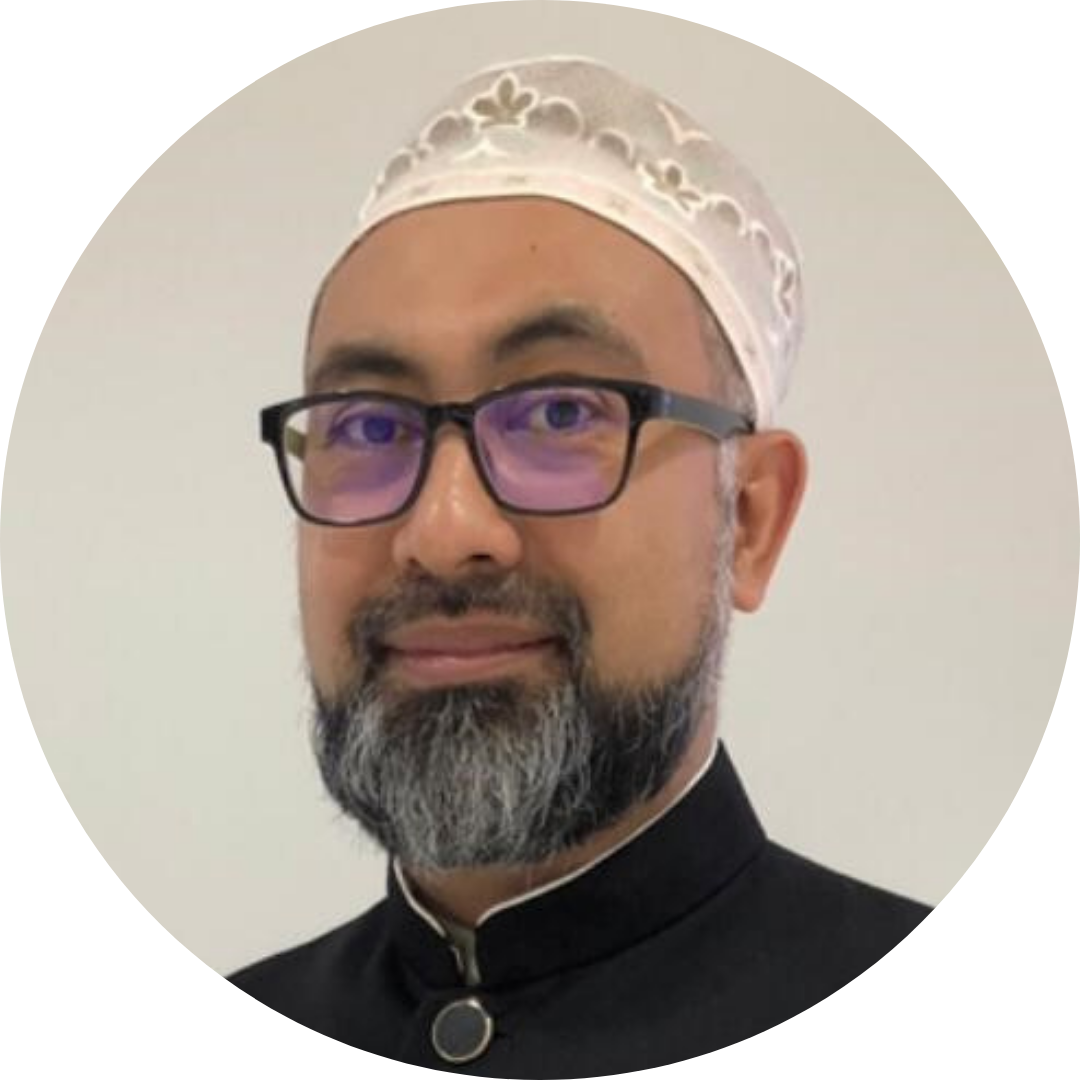Prof. M Haniki Nik Mohamed


Prof. M Haniki Nik Mohamed
Professor, Kulliyyah of Pharmacy, International Islamic University Malaysia, Malaysia
Keynote Speech: Virtual program on tobacco use disorder between IIUM and University of Pittsburgh, U.S.A.
Biography:
Prof. Dr. Mohamad Haniki Nik Mohamed obtained his Bachelor of Pharmacy (BPharm) from Universiti Sains Malaysia Malaysia (USM) in 1992 and Doctor of Pharmacy (PharmD) from the University of Tennessee (UT), Memphis, U.S.A. in 1996. Completed a post-doctoral fellowship at UT before joining USM from 10 November 1997 until 30 October 2005. Since then, joined the the International Islamic University Malaysia (IIUM), holding the Head of Department and Deputy Dean (Academic Affair) posts, before appointed as Acting Dean of Centre for Foundation Studies for 2018 and the Head of Internationalisation and Global Network for Kulliyyah of Pharmacy and Medicine in 2019.
Actively involved in tobacco control since 2001 especially as the coordinator of the first dedicated and multidisciplinary quit smoking clinic for USM. Received an award as the 2003 best quit smoking clinic for the state of Penang in conjunction with the state level World No Tobacco Day celebration.
Teach, train and supervise undergraduate and postgraduate students in various research projects, especially those related to tobacco control. Appointed as an advisor to the Clearinghouse for Tobacco Control (C-Tob) at the National Poison Centre, Penang, as well as a core team member by the Disease Control Division, Ministry of Health Malaysia for the first national clinical practice guidelines (CPG) on Treatment of Tobacco Smoking and Dependence, and Chairman of the CPG on Tobacco Use Disorder 2016. Chief coordinator of the Certified Smoking Cessation Service Provider (CSCSP) programme - jointly organized by the Ministry of Health Malaysia and Malaysian Pharmaceutical Society (MPS). Appointed by the Hon. Minister of Health Malaysia as committee member for the technical working group on shisha and e-cigarettes, expert panel on e-cigarettes, Health Technology Assessment expert (smoking cessation), vice chairman of Translating Evidence Towards Tobacco Control Policy committee and Chairman of Evidence-based Technical Committee for Ministry of Health Malaysia FCTC Steering Committee.
Abstract:
As the role of higher education includes serving diverse societies, the current issues surrounding political, socio-religious-cultural, and economic environments influencing tobacco use need to be discussed in a respectful manner. Health professionals must possess the skills, knowledge and training to provide effective, evidence-based interventions for tobacco use disorder (TUD) across a range of intensities. Interprofessional education is suitable for healthcare profession students such as future physicians, pharmacists, dentists, and nurses, who may work in hospitals, community pharmacies, medical and dental practices, or at suitable community settings. These professionals may engage not only in providing treatment but also in educating others about tobacco dependence treatments. A set of competencies to guide the provision of a module for tobacco dependency and to ground this practice in the best evidence for effective treatment has been developed at the International Islamic University Malaysia (IIUM), benchmarked against the Association for the Treatment of Tobacco Use and Dependence (ATTUD) and the Australian Association of Smoking Cessation Professionals (AASCP). A virtual 1-month TUD program was established for pharmacy students from the University of Pittsburgh, USA. Between 21 March 2022 to 22 April 2022, three third-year students from School of Pharmacy, University of Pittsburgh were attached to the smoking cessation team from the IIUM, comprising members from the Kulliyyahs (Faculties) of Pharmacy and Medicine. The placement module had 4 major components: i) neurobiology of nicotine addiction, ii) interventions of smoking cessation, iii) problem-based and case-based learning, and iv) ending tobacco epidemic. Pre and post placement assessments were carried out. Two platforms were used for the meeting, namely Google Meet and Zoom. An online session was also held to expose the students to the myriad of cultures in Malaysia. There were improved knowledge and skills in TUD and students provided positive reflections on their virtual learning experience. Overall, this program has shown that virtual placement between institutions from different parts of the world can be conducted effectively with minimal cost.